The Athletics Association of Guyana (AAG) is expected to open its season on Sunday with the annual cross country event at the National Park.
The event is expected to attract the crème de la crème of the country’s athletes some of whom will begin to prime themselves for the season ahead, especially with the London 2012 Olympic Games in sight.
With the hype surrounding the Olympics this year, athletes tend to be more aggressive in order to prove themselves worthy of being on the World stage.
This poses a special challenge to the AAG in structuring its annual calendar in order to keep the athletes’ race fit and ready for any opportunity to qualify for the Olympics.
While a lot will be riding on the coaches to keep their athletes ready for competition, it is also important that the AAG can schedule enough meets for the athletes to test themselves.
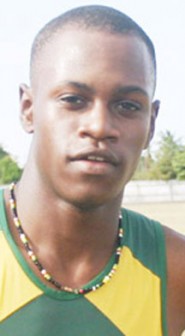
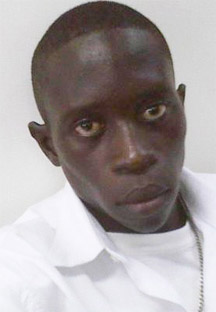
Over the past few years a number of track meets have disappeared from the AAG calendar while some of the competitions scheduled to run off were cancelled by bad weather and unforeseen circumstances.
It has been a while since the once annual Club Relay Championships, usually held in February, appeared on the AAG calendar.
The prestigious Inter-Club under-18 Championships has also disappeared from the calendar while the ever competitive Inter-club Championships has not been run off since 2009.
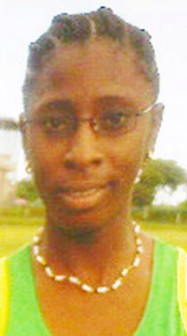
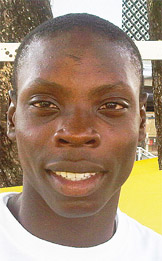
Instead an influx of 10ks and 5ks are starting to grace the AAG calendar.
This provides much needed income for the middle and long distance athletes, especially since Guyana is known for its prowess in the longer version of the races with the likes of Cleveland Forde, Alika Morgan and Jevina Straker bringing Guyana international success in the longer distances, but it leaves the sprinters and quarter milers out of the reckoning.
Guyana is in prime position to develop a world class group of sprinters since the James Wren Gilkes era, especially since Guyana’s 400 metres specialist Aliann Pompey is in the twilight of her career.
There has been the emergence of Police’s 400 metres ‘king’ Winston George and junior female Tiffany Carto, two of the brightest stars around.
Add Guyana Defence Force’s 100 and 200 metres stars Rupert Perry and Quinse Clarke, junior ‘queen’ Letitia Myles, Ruralites 100 metres maestro Chavez Ageday, Running Brave’s junior quarter miler Stephan James and young sprinting phenomenon Jevina Sampson and you can get the picture.
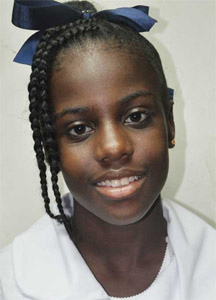
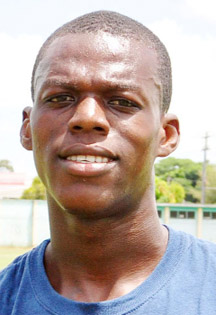
While it is evident that the likes of Myles, Carto, James, Ageday and Sampson will not be ready for this year’s Olympics because of their age, it is also important to note that with the amount of overseas junior competition scheduled this year by the International Association of Athletic Federations (IAAF), these athletes would need to face constant competition at home to stay race fit not to mention being able to improve.
The issue of an inadequate number of scheduled AAG meets has always been a long standing one in the athletic fraternity and was probably one of the reasons why the government took so long in consenting to the synthetic track under construction at Leonora.
However, in order to improve athletics in Guyana there is need for innovation and expansion in an effort to produce more meets with quality on the calendar this time around.
Concerning Guyana’s Olympic prospects this year, the AAG will be expected to somehow keep the athletes race fit.
Barring injury, George has been identified for a training stint in Jamaica to increase his medal chances at the Olympics. This opportunity would afford George some high intensity training with constant competition in the sprint capital of the world.
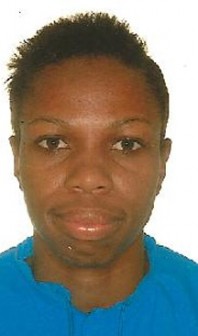
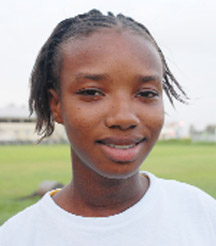
In the meantime, Perry and Clarke still have their fingers crossed on the possibility of receiving special training stints while Cleveland Forde is looking to train in a high altitude country (possibly Kenya).
Female sprint queen Alisha Fortune is hoping to head to Trinidad for competitions.
In light of the lack of competition at home as well as the unavailability of a synthetic track local athletes must look outside of their homeland to qualify for the Olympics, a daunting option given Guyana’s economic circumstances.




